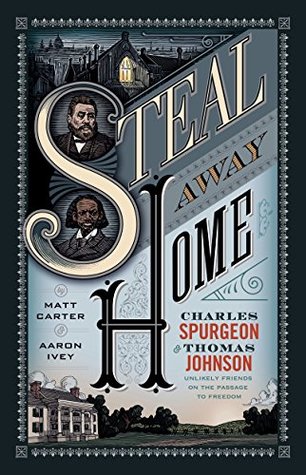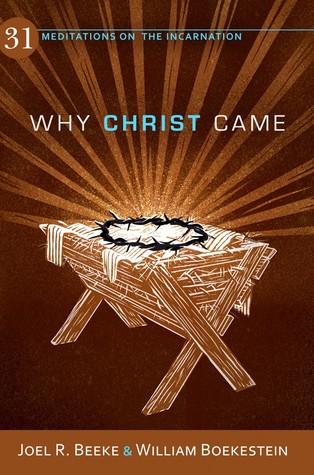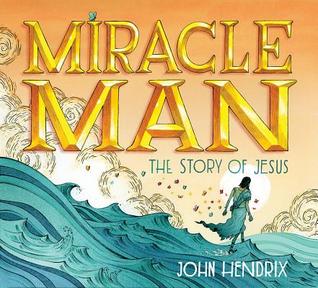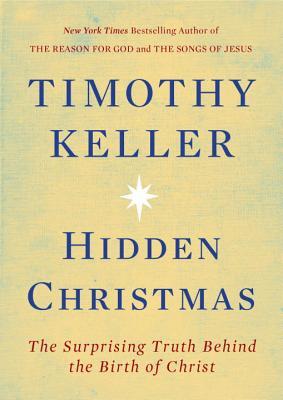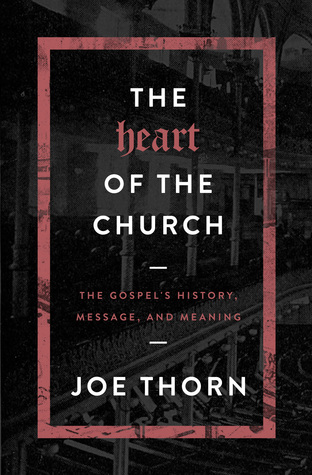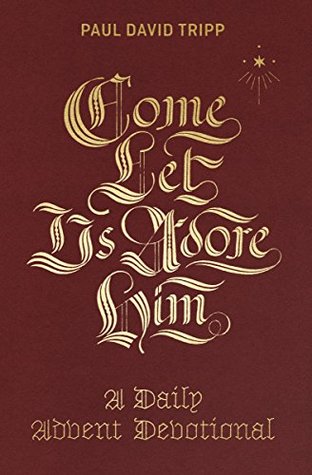1. Write a weekly week-in-review post at Becky's Book Reviews sharing links to everything I've reviewed at my blogs. REASON: So monthly wrap-up posts are not scary-intimidating.
Success. These posts can be found under the tag "2017 week in review".
2. Read five classics and review them from a Christian perspective. Reason: I enjoy reading classics. I am a Christian. And so often I delegate Operation Actually Read Bible to just "Christian" fiction. Classics can be of benefit to believers even if they're not Christian. We live in a real world that is messy.
Success. But I may try to do one more in December.
- The Sneetches and Other Stories. Dr. Seuss. 1961. Random House. 65 pages. [Source: Library] (October)
- Wilfrid Gordon McDonald Partridge. Mem Fox. Illustrated by Julie Vivas. 1984/1985. Kane/Miller. 32 pages. [Source: Library] (October)
- Adam Bede. George Eliot. 1859. 624 pages. [Source: Bought] (October)
- 1984. George Orwell. 1949. 268 pages. [Source: Bought] (August)
- Great Expectations. Charles Dickens. 1860. 640 pages. [Source: Library] (August)
3. Read 40-50 books from my GoodRead's ChristianTBR list. Reason: I need to read my own books.
I reviewed 5 books in August from my Christian TBR list. I reviewed 9 books in September from my Christian TBR list. In October, I reviewed 6 books from my Christian TBR list. In November, I reviewed ten books from my Christian TBR List.
I've got one month to read 10-20 more books. Maybe ten is possible. Maybe. More likely six to eight.
4. Improve my feedback ratio on Netgalley. I haven't decided if the problem is a) I choose other books to read and review instead of these e-galleys, b) I do review them but am horrible at going and submitting feedback, c) I request books faster than I can read them, d) all of the above. To make this a measurable goal: let's say I'd like to have my "feedback sent" number be 200+ by December 2017. Reason: So I don't feel guilty.
This will be the hardest goal to achieve. I actually added twenty books to my Netgalley shelf in August. I sent feedback in for two in August. I added twelve books to my Negalley shelf in September. I sent feedback in for ten in September. So if I hadn't added books this month, I'd have made some progress! Still, I think I did BETTER in September than in August.
So how did I do in October?!?! I added ten books in October. I sent feedback in for five.
So how did I do in November?! MUCH BETTER. I added FIVE books in November. I sent feedback in for ELEVEN. PROGRESS.
5. Restart a mother-daughter book club project with my mom. It will be up to her if we read one book per month. Or if we just read two or three books over the next five months. Reason: MOM IS AWESOME.
Mom read a few of the picture books and early readers I read this month. She liked the Cynthia Rylant Mr. Putter and Tabby series.
Alternate: Read 42 books of my charity books--books I've bought from Ruth's Room Too. This would be about 10% of my TBR. I do keep track of what comes home with me. REASON: I have no self-control around bargain books. If I actually read them, then I can say: BUT I READ THEM, they just don't sit around.
- Skitterbrain. Irene Bennett Brown. 1978. 112 pages. [Source: Bought] (August)
- Three Little Kittens. Illustrated by Lilian Obligado. 1974. Random House. 32 pages. [Source: Bought] (September)
- The Circular Staircase. Mary Roberts Rinehart. 1908. 197 pages. [Source: Bought] (September)
- The Case of the Fiery Fingers. Erle Stanley Gardner. 1951. 192 pages. [Source: Bought] (September)
- The Case of the Lucky Loser. Erle Stanley Gardner. 1957. 192 pages. [Source: Bought] (September)
- The Case of the Gilded Lily. (Perry Mason #50) Erle Stanley Gardner. 1956. 188 pages. [Source: Bought] (September)
- The Case of the Daring Decoy. (Perry Mason #54) Erle Stanley Gardner. 1957. 198 pages. [Source: Bought] (September)
- The Living Bible. 1974. Tyndale. 1090 pages. [Source: Bought] (September)
- The Quilt Story. Tony Johnston. Illustrated by Tomie dePaola. 1985. 32 pages. [Source: Bought] (October)
- The Santa Claus Book. Eileen Daly. Illustrated by Florence Sarah Winship. 1972. 24 pages. [Source: Bought] (November)
- I Was So Mad. Mercer Mayer. 1983. Random House. 24 pages. [Source: Bought] (November)
- I'm Sorry. Gina Mayer and Mercer Mayer. 1995. 24 pages. [Source: Bought] (November)
- Milly and the Macy's Parade. Shana Corey. Illustrated by Brett Helquist. 2002. 40 pages. [Source: Bought] (November)
- School Bus. Donald Crews. 1984. 32 pages. [Source: Bought] (November)
- Too Many Cats. Leah Raechel Killen. 1988. 30 pages. [Source: Bought] (November)
- The Aristocats: A Counting Book. Walt Disney Productions Presents. 1970. Whitman Tell-a-Tale Book. 26 pages. [Source: Bought] (November)
- I Took My Frog to the Library. Eric A. Kimmel. Illustrated by Blanche Sims. 1990. 32 pages. [Source: Bought] (November)
- The Log and Admiral Frog. B. Wiseman. 1961. 32 pages. [Source: Bought] (November)
- The Little Red Hen. Lucinda McQueen. 1985. Scholastic. 32 pages. [Source: Bought] (November)
- Paul's Christmas Birthday. Carol Carrick. Illustrated by Donald Carrick. 1978. 32 pages. [Source: Bought] (November)
- Lambert The Sheepish Lion. Bill Peet. Walt Disney Company. 1970/1977. 42 pages. [Source: Bought] (November)
- Julius. Syd Hoff. (An I Can Read Book) 1959. 64 pages. [Source: Bought] (November)
© Becky Laney of Operation Actually Read Bible

